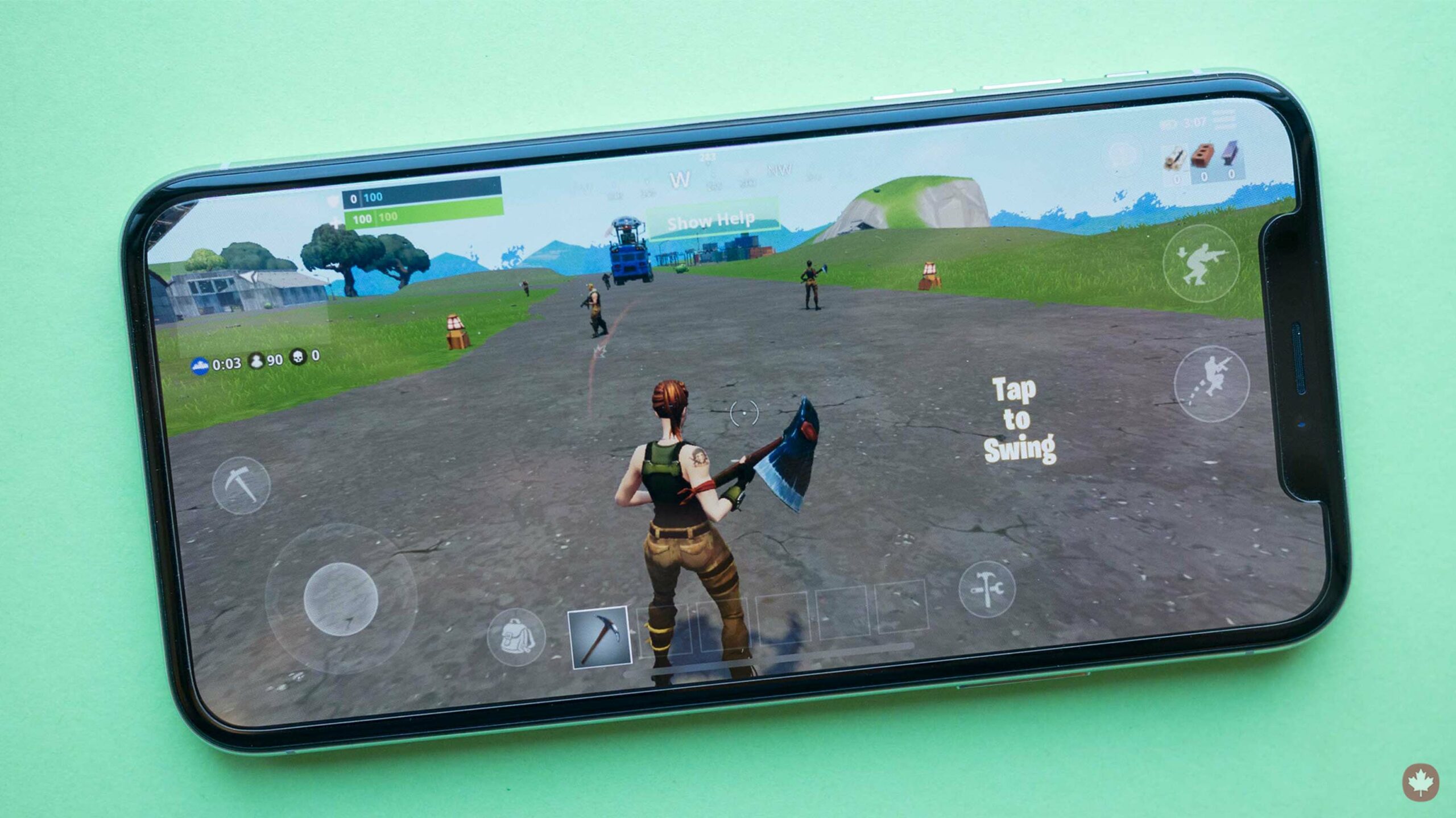Apple said Epic sought a special deal to bypass the App Store fees and that the company is ‘putting the entire App Store model at risk’

Apple responded to the Epic Games antitrust lawsuit over iOS App Store policies, saying the video game company asked for a “special deal” and fabricated an “emergency” by violating App Store rules. Apple also accused Epic of “putting the entire App Store model at risk.”
In a filing, Apple requested the court not temporarily reverse the company’s App Store ban on Epic’s Fortnite game. The California-based company also accused Epic of creating an “emergency” for itself by adding a direct payment system to Fortnite, directly violating its App Store rules.
Apple executive Phil Schiller wrote in the filing that Epic CEO Tim Sweeney asked Apple for a “special deal with only Epic” that would “fundamentally change the way in which Epic offers apps on Apple’s iOS platform.” Apple says when it declined, Epic changed its policies to cut Apple out of in-app purchases.
Because of this, Apple argues Epic caused its ban. “In the wake of its own voluntary actions, Epic now seeks emergency relief. But the ‘emergency’ is entirely of Epic’s own making,” says the filing. “Developers who work to deceive Apple, as Epic has done here, are terminated.”
Apple took an opportunity to defend its in-app purchase rules in the filing as well, likening developers avoiding digital checkouts to customers walking out of an Apple retail store with a product they didn’t pay for.
Of course, that defence doesn’t address the numerous apps Epic listed that also offer direct payments and don’t use Apple’s payment processing system. It also doesn’t address that the digital items Apple collects revenue from are not its products.
Apple accused Epic of seeking a special deal, but the company has offered deals to others
As for the special deal, Sweeney previously denied seeking a such an arrangement on Twitter. However, an email shared by CNBC technology reporter Kif Leswing suggests Sweeney petitioned Apple for a partnership that would allow it to offer competing payment processing options and a competing iOS app store called the Epic Games Store. As an aside, it’s worth noting what’s likely a typo in the email mentions “Android customers,” despite the email being directed at Apple executives.
Tim Sweeney’s June 30 email to Phil Schiller and Tim Cook basically setting the stage for this current dispute https://t.co/NPYayyot1f pic.twitter.com/BRslj1RMaj
— kif (@kifleswing) August 21, 2020
Regardless, companies asking Apple for special deals appears to be nothing new. Apple previously offered Amazon a deal to get its Prime Video streaming service on iPhones. The deal included a reduced revenue share of 15 percent, compared to the typical 30 percent cut Apple takes from in-app purchases and the first year of subscription revenue (followed by 15 percent thereafter).
A group of news publishers also petitioned the company for a similar deal, noting that Apple CEO Tim Cook said during a recent congressional hearing that the deal it offered Amazon was available to all developers who met the conditions. The company has not made those conditions public.
Apple goes on to outline how its current App Store system creates a “safe and trusted place” for users. The company argued its system helps ensure apps don’t prevent security risks or threaten user privacy. Further, Apple argued that it would be “unable to continue its on-going [sic] investment” in the App Store if developers circumvented paying the “commissions [Apple] is contractually due.”
It’s about more than just a 30 percent revenue cut
Epic, however, focused its initial arguments on a fight around freedom and consumer choice. Epic accused Apple of using its restrictive control over iOS and the App Store to force developers to use its payment system — and thus pay it money — as well as lock out competing stores. Epic even parodied Apple’s famous ‘1984’ ad to present Apple as a dictator.
Google banned Fortnite from its Play Store on Android as well. Epic took legal action against Google, although the story is slightly different there. Because Android allows users to install apps from third-party sources, Android gamers can still download Fortnite from Epic’s website and via third-party app stores. In its suit against Google, Epic claims the company uses “contractual and technological barriers” to disadvantage apps from outside the Play Store.
Finally, Apple argues that its App Store practices, such as in-app purchases, are no different from those of console platforms like Sony’s PlayStation or Microsoft’s Xbox. Both of those platforms, as well as Nintendo and other game stores, take a 30 percent cut and run a locked-down system that restricts developers to the digital stores the companies run on the consoles.
It’s a fair point to make, and a good question to consider. My guess is that Fortnite’s player base on consoles is much higher than on mobile platforms. Getting banned from Xbox or PlayStation could hurt Epic much more than on iOS or Android, especially considering Android users can bypass Google Play to install the game anyway. Plus, if Epic wins against Apple and Google, it has legal precedent to challenge Microsoft and Sony in the same way.
All this may seem like a fight between billion- and trillion-dollar companies over scraps, or an ugly public relations spat between a kids’ game and a smartphone maker. However, there are good reasons to pay attention and look beyond simple arguments like “Epic broke the rules” or “This is why Android is better.” At the heart of this is an issue of policy and regulation over how companies can run digital stores. The outcome will likely set legal precedent that seriously impacts how app stores, game stores and other digital platforms operate going forward.
Source: Apple Via: The Verge, CNBC

